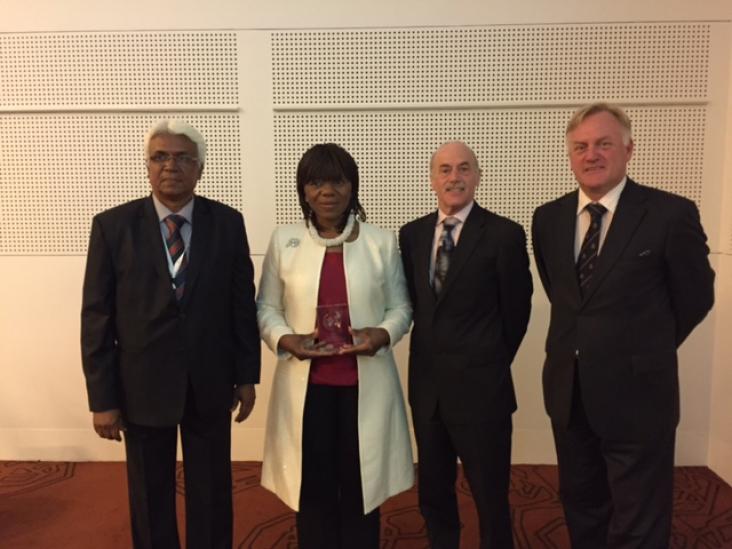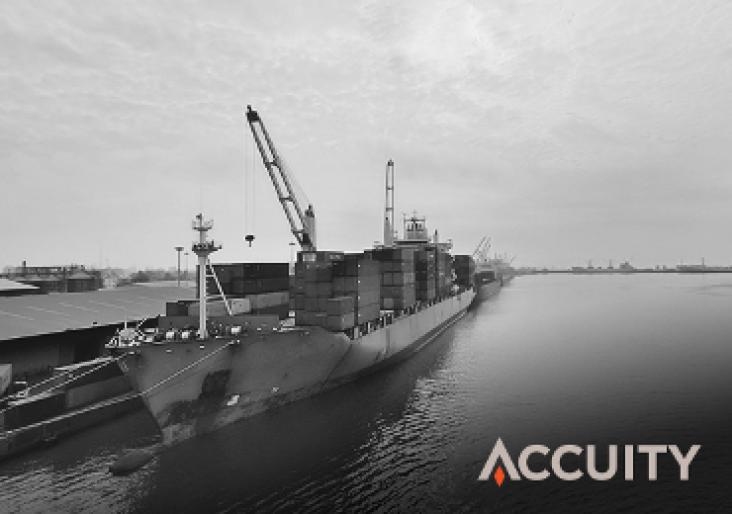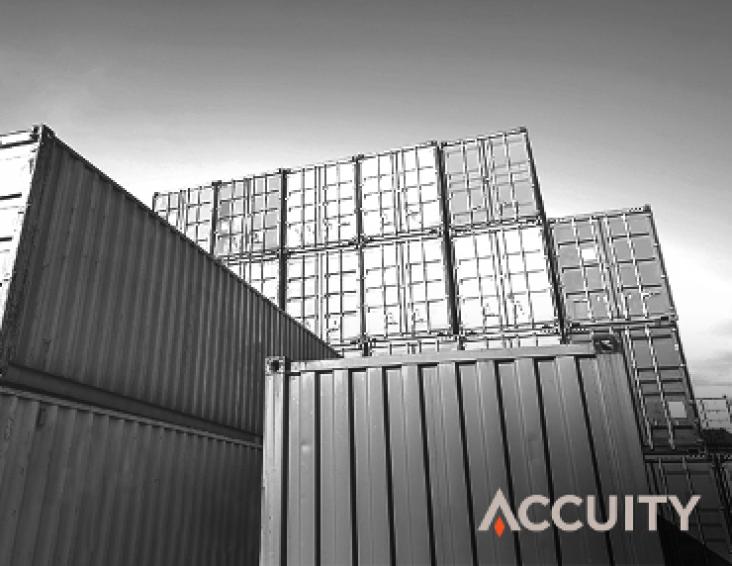
The 20th Commonwealth Law Conference took place in Melbourne in March 2017 with LexisNexis as the lead sponsor, and hosted by Commonwealth Lawyers Association (CLA) in association with the Law Institute of Victoria. The CLC brings together delegates from over 50 countries to meet and learn, as well as to recognise lawyers who champion the rule of law. Such exchanges between lawyers support SDG 16. 3 to promote the rule of law at the national and international levels.
This article explores how lawyers can work together to increase social mobility and diversity within the legal profession. Julian Sayarer talks to Chris White, founder of Aspiring Solicitors, Chris Benn, lawyer at Kemp Little, Barry Matthews, an in-house lawyer with ITV, and Toby Hornett, legal director at Canon – Europe about the role in house teams play in promoting diversity and access, contributing to SDG 10, reduced inequalities.
The number of victims of modern slavery in England and Wales has increased fivefold since 2012, according to a new report issued by the Salvation Army. This increase magnifies the risk to companies of doing business with third-parties involved in modern slavery and human trafficking if proper precautions are not taken. Raising awarenress of modern slavery is vital to the advancement of SDG 8.7 to eradicate forced labour, ending modern slavery and human trafficking by 2025.
The importance of the media’s reporting on human trafficking and reaction in the media to the UN 'World Day against Trafficking in Person' is analysed in this article. The link between migration and trafficking is also highlighted. This provides insights to assist SDG 8.7 to eradicate forced labour, end modern slavery and human trafficking by 2025.

Hong Kong's securities regulator reported a spike in the number of instances where the city's financial firms are failing to comply with its anti-money laundering guidelines. It has long been known that money laundering can have significant negative impact on economic growth. Enforcement of regulations to eradicate money laundering contributes to advancing SDG 16.4 by 2030 to significantly reduce illicit financial and arms flows, strengthen the recovery and return of stolen assets and combat all forms of organized crime.

Human trafficking is one of the main profit-generating activities for organised criminals in Europe and the revenue generated is often laundered through the financial system. Understanding the complexities of human trafficking is vital to both SDG 8.7 to take immediate and effective measures to eradicate forced labour, end modern slavery and human trafficking and SDG 16.4 to significantly reduce illicit financial and arms flows, strengthen the recovery and return of stolen assets and combat all forms of organized crime.
The UK's Modern Slavery Act 2015 aims to make businesses accountable for forced labour in their supply chains: large organisations with a presence in the UK are required to produce an annual ‘slavery and human trafficking statement’ detailing the action they have taken. A report from Ergon Associates shows that the majority of statements already submitted are lacking in key information and meaningful action. The Act directly addresses SDG 8.7 to eradicate modern slavery and human trafficking by 2025.
The LexisNexis Human Trafficking Awareness Index™ highlights emerging trends and patterns of awareness within and across national borders. The Index uses the respected Nexis® service to track and analyse the volume of articles related to human trafficking. These insights assist activists working to combat human trafficking and contribute to the advancement of SDG target 8.7 to eradicate forced labour, end modern slavery and human trafficking by 2025.

The 2016 report by the Hong Kong Association of Banks (HKAB) into trade-based money laundering ups the momentum to improve anti-money laundering and counter terrorist financing. Such actions will contribute to the advancement of SDG 16.4 to significantly reduce illicit financial and arms flows, strengthen the recovery and return of stolen assets and combat all forms of organized crime.
Amnesty International’s recent report on child labour in supply chains reported children as young as seven working in cobalt mines in the Democratic Republic of Congo. Cobalt is used in mobile phone batteries and Amnesty accuses several global electronics brands of failing to do basic supply chain checks. Raising awareness of child labour issues can help in advancing SDG target 8.7 to eradicate forced labour, end modern slavery and human trafficking by 2025.
